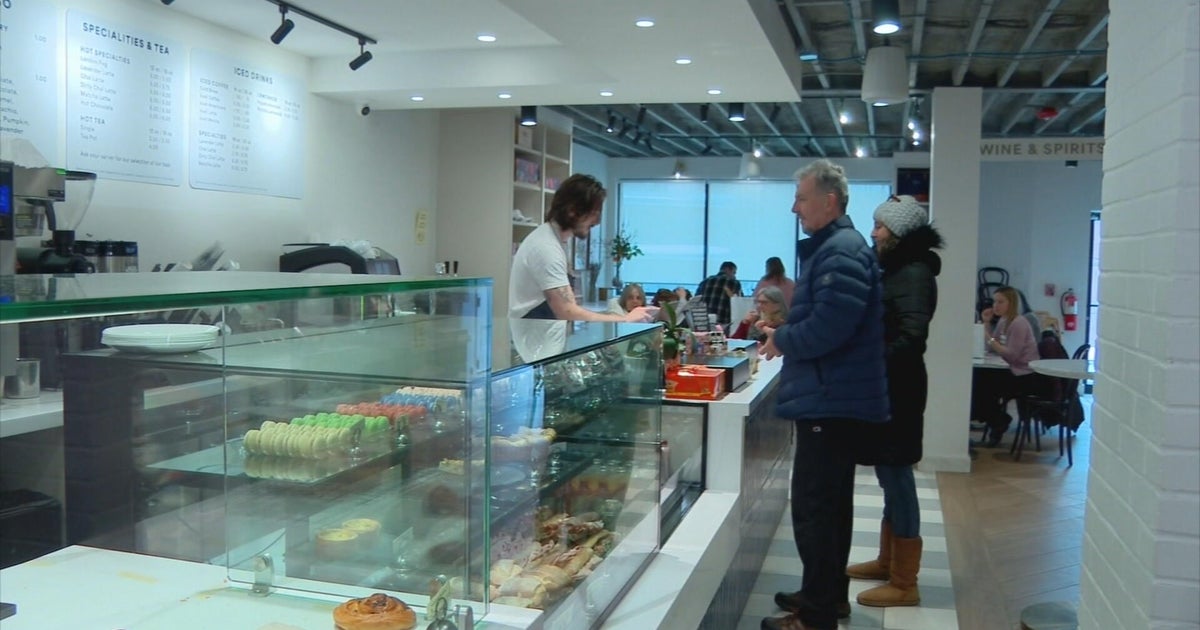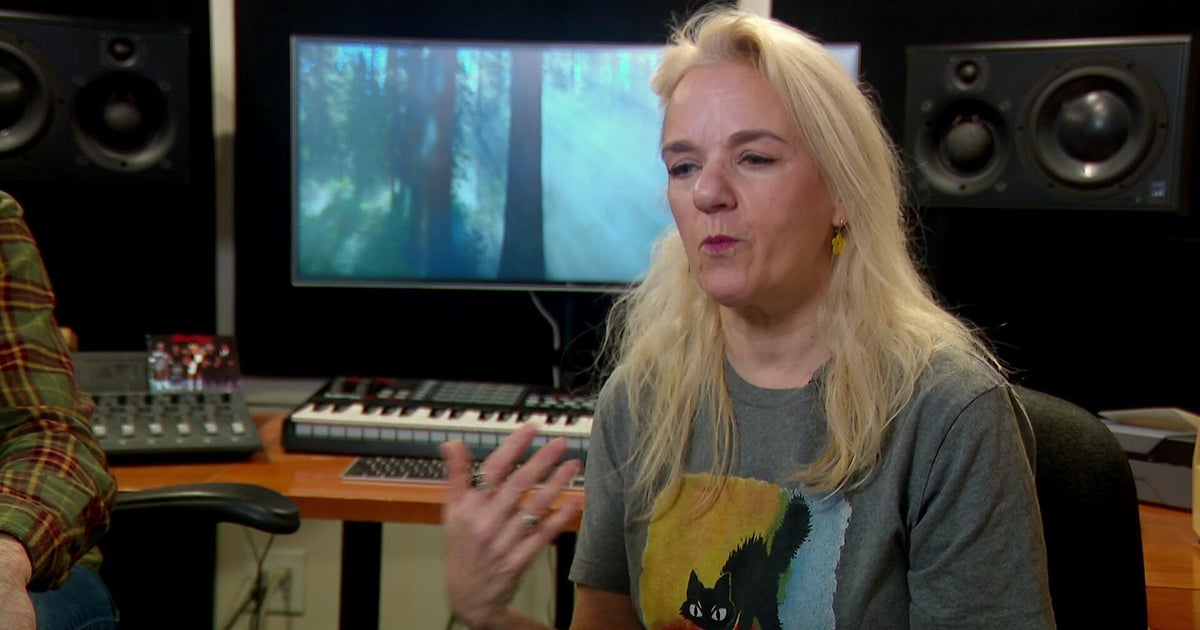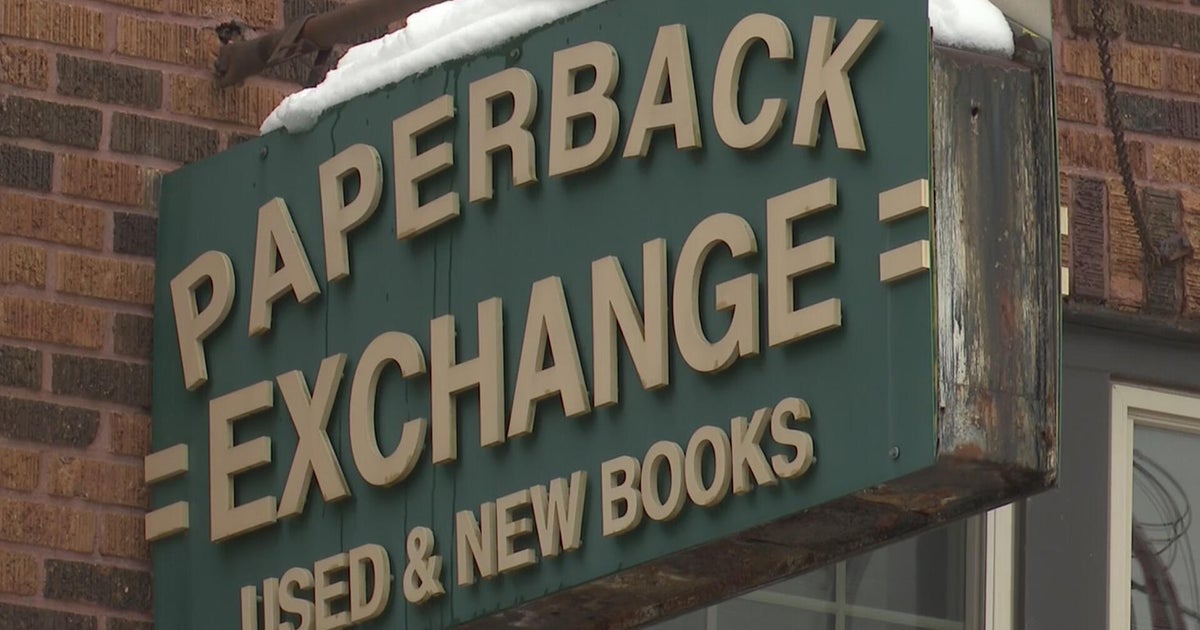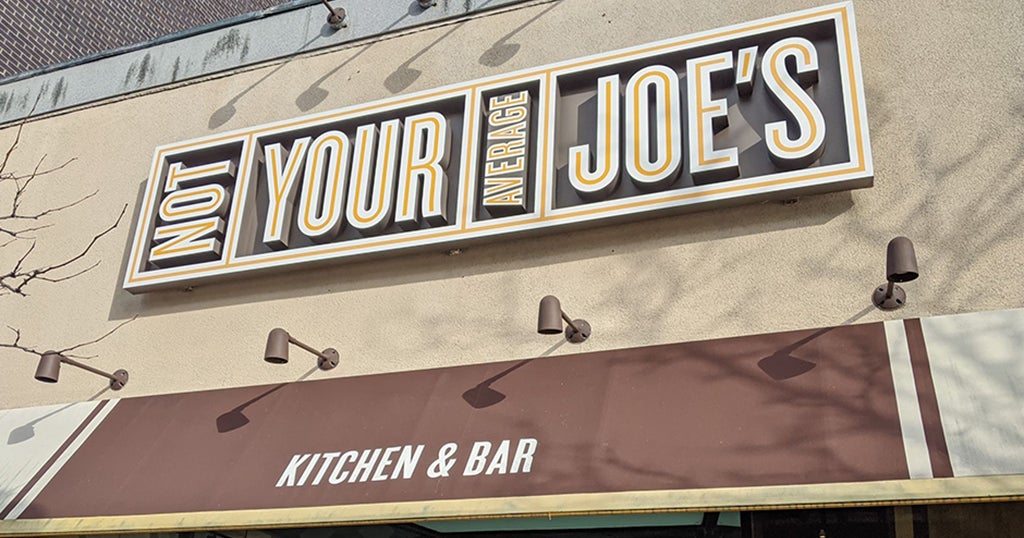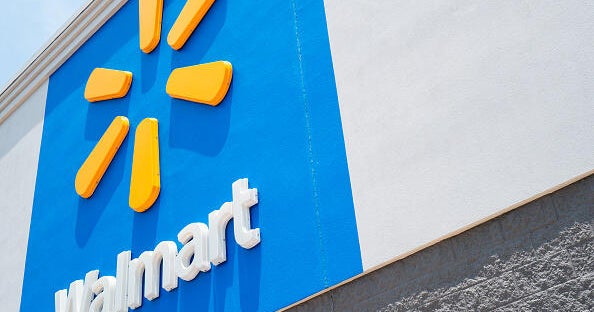Which Local Grocers Have Cheapest, Best Produce?
MINNEAPOLIS (WCCO) -- If you feel you are spending more at the grocery store, you are -- a lot more.
The federal government's consumer price index shows area grocery store prices have jumped 40 percent in the last four years.
Driving that increase is a growing demand for fresh produce.
Twin Cities stores are locked in a produce war for your shopping dollars.
You may have seen Aldi's ad campaign, which says grocery store staples come from the same place.
Aldi says that's also true for produce.
"For us, a lot of the produce is coming from the same place as another retailer that sells it," said Lindsey Weyenberg, Director of Operations of Aldi. "We are providing the lowest prices possible."
WCCO-TV looked at produce pricing at four Twin Cities grocery store chains and found that it is often true -- some of the same suppliers provide produce to discounters like Aldi, mid-range stores like Cub and high-end store like Lunds.
But price differences at these stores are guided largely by how much of a selection is offered and what kind of amount you have to buy.
"We only carry the top-selling varieties of fresh and fruits and vegetables," Weyenberg said.
Aldi stores sell only the top 70 selling produce items in a given market.
"We are constantly exploring what are trends in the market?" Weyenberg said.
At the Aldi's in Woodbury, the Honey Crisp apples were 49 cents each, but the five other varieties of apples were available only in three-pound bags, all for $2.49 each.
Customer Karen Finstad said she shops at Aldi because the prices are better. She added that the quality at ALDI was not always consistent.
"Sometimes I feel like it's a little hit and miss," she said.
And Grace Peterson walked out of Aldi without buying anything.
"I only wanted three or four baking potatoes and they only had them in the bag," Peterson said.
Lunds, which own Lunds and Byerly's, has a strategy that is almost the opposite of Aldi's. While Aldi stores stock 70 produce items, none of them organic, each Lunds and Byerly's stores feature between 300 and 600 produce items, including more than 120 that are organic.
"I have 29 varieties of apples right now -- that includes organic and conventional apples," said Lunds produce manager Rafferty Fynn.
Lunds' customers have the option of buying just one or two apples or larger three-pound bags.
"We go through rigorous testing and selection from our vendors to make sure we are getting the best of the best," said Lunds produce director Rick Steigerwald.
Lunds showed WCCO the tests their apples go through. A special gauge is used to evaluate apples' pressure to make sure it's not mushy.
And small pieces of the apples are tested for sugar content. Lunds customers said produce quality is why they shop there.
"I know the price is a little higher, but I do think you get a higher quality as for the produce for the price," Tom Leventhal said.
Lunds is not always the highest price.
"We really feel produce is a differentiator for us at Cub, and we really try and focus on value, variety and quality," said Cub produce director Mary Jo Neuman.
Cub said its making a stab at the higher end, offering 600 produce items per store with 160 organic items -- a selection that gets high marks from many Cub shoppers.
By comparison SUpertare offers 700 produce items but 45 organic.
As for price, WCCO randomly chose two apple items.
Aldi was the cheapest with a single Honey Crisp at 49 cents a piece, with the Braeburn three-pound bag priced at $2.49.
Lunds was the second lowest, with a single Honey Crisp costing about $1.20, and a three-pound bag of Braeburns costing $3.69.
SuperTarget put a single Honey Crisp at $1.40 and the bag of Braeburns at $4.09.
Cub was the highest for these two items with the price of one Honey Crisp at about $1.70 and the same size bag of Braeburns was $4.99.
Cub said it varies produce specials and promotions every week. This week Cub has a special on Honey Crisps for $1.88 a pound -- making an individual Honey Crisp about $0.89 each.
Marketing experts, such as John Seltzer of the University of St. Thomas, say with produce a higher priority for consumers, stores must cater to those needs.
"Ten years ago, produce was important; now it's even more important," Seltzer said. "It's why consumers pick a store."
